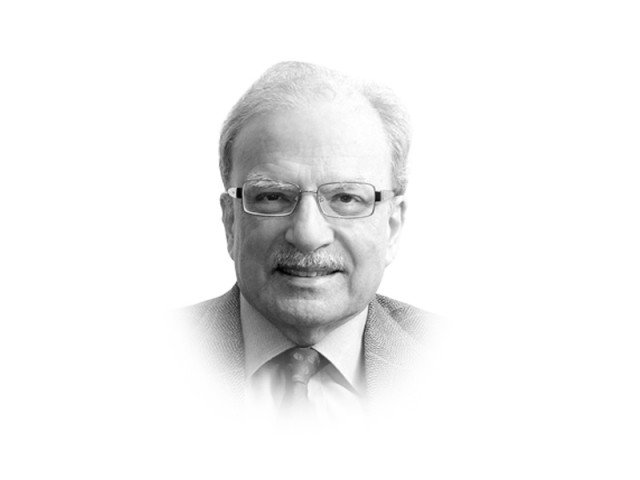The unformed but evolving Asian state
Given history of development of the West, is that the model best suited for yet-to-be fully formed Asian state?

Most of what went wrong with the Western state happened in the United States. There were several reasons for making the American state dysfunctional. The large firm was not the only culprit. Also contributing were the reforms introduced following the disastrous government conduct during the Nixon presidency. The approach was to introduce transparency in the way the state conducted its business. But what occurred were a number of unintended consequences. Among these was the increase in power of special interest groups. “The great challenge in Congress today is to finding leaders with the courage to balance the desires of narrow interests to explore bipartisan collaboration with one’s most intense constituencies always peering over one’s shoulder intent on punishing any violations of orthodoxy,” wrote Jason Grumet in a newspaper article. He is president of the Bipartisan Policy Centre and the author of the book City of Rivals: Restoring the Glorious Mess of American Democracy.
A USA Today/Bipartisan Policy Centre poll in 2013 found that 77 per cent of the public believed that it could trust the government to do the right thing “only some of the time” or “none of the time”. This was an extraordinary indictment of a broken political system. Given this approach, it is not surprising that competing ideas of the most appropriate form of the state have emerged, particularly in Asia. In that continent, the state remains unformed but evolving. Among those competing for attention are liberal democracies, states dominated by single parties, authoritarian states and now the Islamic state.
Within Asia, the South Asian sub-continent is home to liberal democracies but even there the state is evolving. Most developed is the one in India but as is the case in the West, the relationship between the central authority and the government at the centre is still being defined in that country. Pakistan, after having experimented with different systems of governance, has also moved towards liberal democracy. But there is still a challenge from the fringes of society. In the Arab world, this element is not operating from the fringes; it is attempting to mainstream. What is an Islamic state? The question is not easy to answer since different forms have surfaced over the years. In late 20th century and the beginning of the 21st, it has taken several different forms ranging from monarchies in the Arabian Peninsula to the still-being-formed Islamic State (IS) in Iraq and the Levant. The ISIL, or the ISIS or just the IS has a precedence in the Islamic Emirate of Afghanistan. In between these two forms is the Islamic Republic of Iran.
Among scholars of Islam, there is growing apprehension that the West by equating the IS with Islam is making a horrible mistake that will have serious consequences. Among those is the anthropologist Akbar Ahmed of Pakistani origin who in his writings has underscored the need to distinguish the Islamic state from the one that tribal societies usually move towards. He believes that the state when the Taliban ruled Afghanistan and the emerging caliphate in Iraq and Syria have more to do with the social inertia of tribalism than with the teachings of Islam.
If economic success defined as the rate of growth of national income and alleviation of poverty are the measures of success, then it can be argued that the one-party state in China and Vietnam has delivered more than the liberal democracies of South Asia. Beijing in particular has gained enough confidence to challenge the claim that the West — in particular the United States — has found the best way of providing good governance.
Given the history of the development of the state in the West, is that the model best suited for the yet-to-be fully formed Asian state? It will take time before the question can be answered. But it is safe to assume that a number of Asian nations will be attracted to the type of governance that has delivered enormous economic rewards to the people in East Asia, in particular in China. Even those who lead the liberal South Asian state may be tempted to adopt some aspects of the authoritarian systems in East Asia.
Published in The Express Tribune, December 22nd, 2014.
Like Opinion & Editorial on Facebook, follow @ETOpEd on Twitter to receive all updates on all our daily pieces.














COMMENTS
Comments are moderated and generally will be posted if they are on-topic and not abusive.
For more information, please see our Comments FAQ